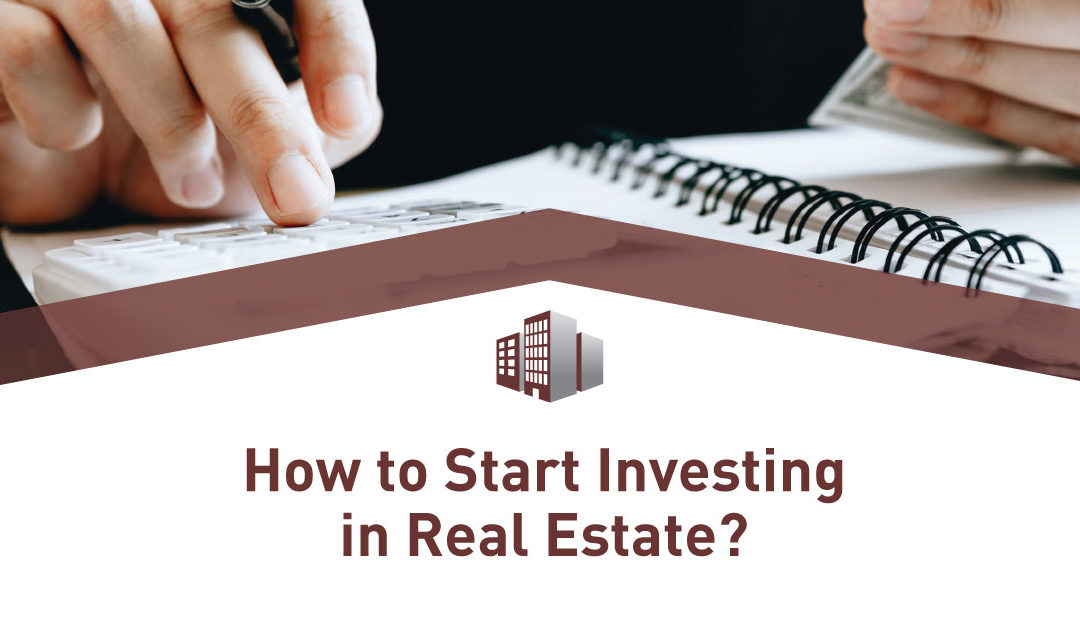One of our blog subscribers is a successful business owner and a family man with children. He understands all the benefits of owning real estate investment, like passive income, strong capital preservation, tax efficient asset, and value appreciation over the long-run. However, he has this nagging fear and doubt about making the plunge. At the same time, he definitely wants to start investing, but is unsure how and where exactly to start! We have an answer to this common question. First of all, you only need 3 things to be an above average successful real estate investor. Second of all, your success depends on the depth of your understanding of the business of investing in real estate. We break them down the following way:
- Knowing where & what to buy.
- Having sufficient capital and great financing.
- Having skills and time to run your real estate investment like a business.
1) Do you know what & where to buy?
What to buy:
- Is it a good deal? How good is a good deal? Is it a 5% return on investment (ROI), 15% or 40% per year? (Yes, there are deals with 40%+ per year ROI).
Tip: We look for opportunities where we can make most of the returns in the first 1-2 years by developing a new property, or extensively renovating an existing building to boost the rents up and, therefore, its value. Meanwhile, we never use market appreciation in our projections. Instead, you should aim to create at least 15%+ of new equity with every acquisition and generate positive monthly cash flow from day 1 after renovations are done! For example, if you buy a property for $100,000, add in $5000 to increase its marketability and rentability, you want to make sure the value after renting it is at least $120,000 (having created $15,000 in new equity!) We aim for 20%-30% new equity for our projects with strong cash flows.
Where to buy:
- By far, location is the MOST important aspect of successful real estate investing. In essence, it relates back to economics and market supply & demand. which drives rental demand and housing prices.
- Ask yourself, “if I arrived for a new job in Ottawa, what 5 neighbourhoods would I want to live in and why?” Does the area have great housing options, transportation and amenities today, and in 20 years from now? Click here to check out five neighbourhoods in Ottawa we have analyzed!
Tip: We look for opportunities as close as possible to the downtown core with good transportation access in a great neighbourhood. In hot or slow market times, the core of a city is always more in demand (i.e. less vacancy) and reduces cash flow risk.
2) Do you have the capital and financing to purchase the investment?
- Make sure you have access to at least 20% down payment. If you’re a first-time home buyer, we recommend to have 10%+
down payment. - If you buy into a larger project with multiple investors, make sure the project is well funded.
Tip: We budget to have 25%-40% of the property’s purchase price in cash for down payment, closing costs and immediate renovations or development.
3) Do you have access to the skills and time required to successfully manage an investment property?
- “Treat your real estate investment like a business”, is the best advice I’ve ever received!
- You have customers (tenants), and suppliers (trades, utility companies, management team), with revenue, expenses, and taxes to pay. Each property is a business!
- Do you have the skills or access to reliable trades person to do repairs? If yes, did you budget this cost in your initial analysis?
- Who will take the time to do: tenant showings, bookkeeping, ongoing repairs, cash flow analysis, regular property inspections, rental increase letters, eviction notices, online and offline advertising and more?
- Do you know what rental price you should advertise to minimize vacancy and rent quickly?
- If your real estate investment business is poorly managed, so will your return on investment.
Tip: You need a team to be an above average real estate investor. Therefore, surround yourself with the BEST people in the industry. Find the BEST: lawyer, accountant, trades, property manager, mortgage broker, real estate agent, banker, real estate consultant, architect, engineer, project manager, wealth administrator, insurance broker, etc. When you interview potential suppliers ask them, “how many investment properties do you own?” Those that own real estate investments themselves likely know what you need and are looking for.
Final Key Points on How to Start Investing In Real Estate
- To remove fear and doubt, you need to get educated. This blog is a good start.
- Essentially, it boils down to who and what you know.
- Good properties can become bad investments if poorly capitalized and financed.
- The best team always wins. Therefore, surround yourself with the best in he industry that are doing it every day.
- Finally, don’t expect to get rich overnight, but expect it will happen over time (if you follow these tips and never sell).
Happy Investing!
Nick Legault
Winner of the prestigious 2017 awards from the Real Estate Investment Network

